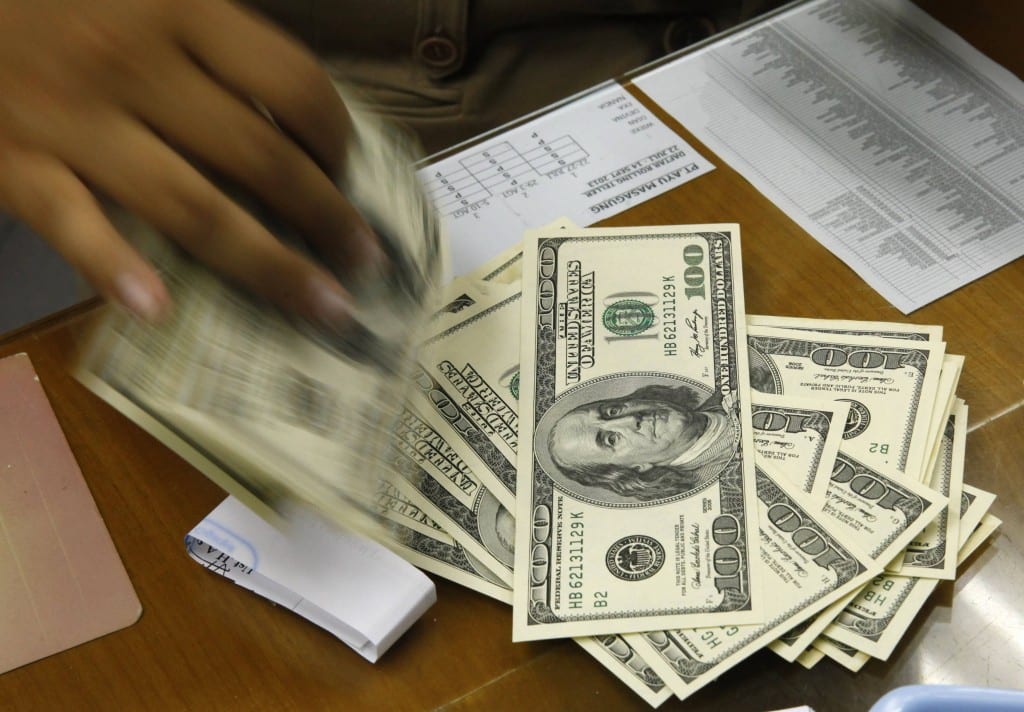

The U.S.’s Internal Revenue Service estimates that the country’s millionaires and billionaires are evading over US$150 billion in taxes annually.
Audits of taxpayers earning over $1 million a year have declined by more than 80% over the last decade despite a 50% rise in the number of taxpayers with this income, according to IRS statistics last week.
IRS Commissioner Danny Werfel blamed the decline on a prolonged lack of funding, which has left the agency understaffed and lacking the necessary technology and resources to conduct audits, particularly for intricate and sophisticated returns.
In response to these challenges, the IRS has initiated an extensive crackdown on wealthy individuals, partnerships and large companies.
The Treasury Department estimates that improved IRS enforcement could generate an additional $561 billion in tax revenues between 2024 and 2034, a figure higher than initially projected.
The IRS estimates that for every additional dollar invested in enforcement, it can generate approximately $6 in revenues.
It has reported success in a program targeting unpaid taxes from millionaires, collecting over $480 million from 1,600 millionaire taxpayers who failed to pay at least $250,000 each in assessed taxes.
Another area of potential tax evasion highlighted by Werfel is in limited partnerships.
Werfel said the IRS is not only focused on finding instances of tax evasion but is also using AI to avoid unnecessary audits for taxpayers who are following the rules. It has urged taxpayers to report any income received through illegal activities, such as dealing drugs.